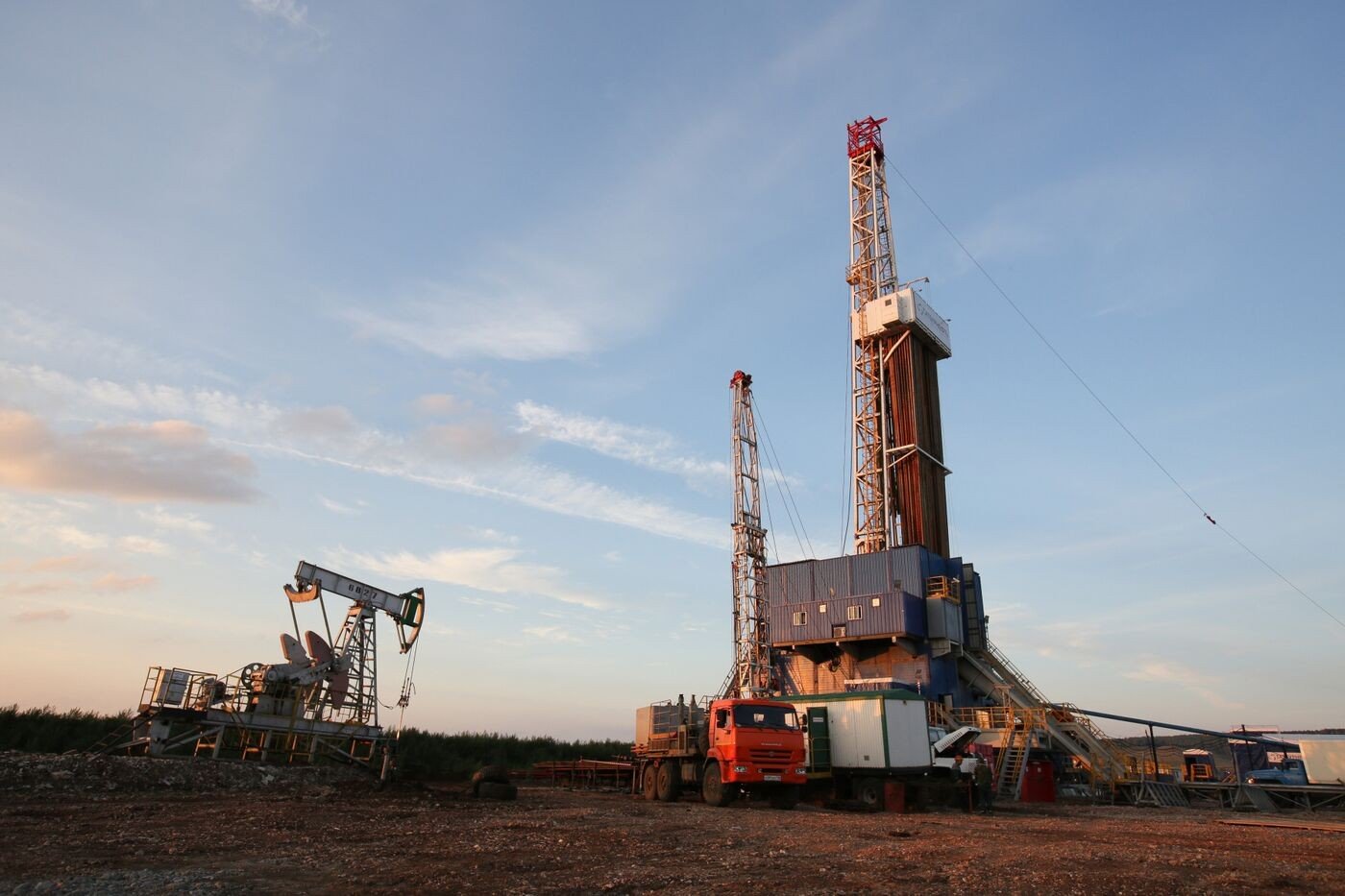 |
| An oil drilling site near Almetyevsk, Russia. (Photo: Andrey Rudak/Bloomberg) |
The European Union (EU) suspended imports of Russian seaborne fuel earlier this year as part of sanctions imposed on Moscow over its military campaign in Ukraine. But the EU still needs some Russian diesel to keep prices stable.
The Russian government announced an indefinite ban on gasoline and diesel exports to most countries on September 21, a move that could disrupt global oil supplies ahead of winter, exacerbating a shortage that has pushed global crude prices toward $100 a barrel.
The restrictions will remain in place as long as the government deems necessary, Reuters reported.
On September 25, Russia adjusted its fuel export restrictions, lifting a temporary ban on exports of diesel and low-quality marine fuel. However, the ban on exports of all types of gasoline and high-quality diesel remains in place.
Russia's new "blow"?
Russia's decision to ban diesel exports to most countries comes at a crucial time for Europe.
Diesel is Europe's economic engine, powering most of the trucks that carry goods and raw materials across the continent. It is also the main heating fuel in several countries across the region, with the cold winter approaching.
Moscow’s actions also pose a bigger economic threat — the potential for rising inflation. Energy prices have surged in recent weeks, as Russia and Saudi Arabia said they would continue to restrict crude supplies until the end of the year.
Russia is the world's largest exporter of diesel, accounting for more than 13% of global supplies so far this year, according to data firm Vortexa.
Since the EU import ban was imposed in January, Moscow has found new buyers for its barrels in South America, the Middle East and North Africa.
Analysts warn that tightening supplies could intensify global competition for fuel in the coming months, sending gasoline and oil prices higher everywhere, including in Europe.
European wholesale diesel prices jumped 5% immediately after the Russian export restrictions were announced. Prices fell back to trade around $990 a day later (September 22) but were still higher than before the Russian news.
"Russia's decision comes at a crucial time for Europe. The region has a huge demand for diesel in the winter. Industries such as construction, agriculture and manufacturing also need diesel in the fourth quarter of this year," said Jorge León, senior vice president at Rystad Energy, an independent energy research and business intelligence firm.
Not only that, but Russia's new customers, outside Europe, will also be hit hardest by the ban.
Global diesel supplies were already under pressure before Russia’s export ban was announced. Prior to the military operation in Ukraine, Russia’s seaborne diesel exports were mainly shipped to European countries.
But the imposition of sanctions has disrupted global trade flows – shipments to Türkiye have surged. Other recent destinations for goods include Brazil, Saudi Arabia and Tunisia.
That doesn’t necessarily mean these countries will bear the full brunt of any Russian supply cuts. The diesel market is global. If Türkiye or Brazil, for example, experiences a sudden supply shortage, goods from non-Russian suppliers could be diverted there instead of to Europe.
Türkiye has been buying “large volumes” of Russian diesel since the beginning of this year, Pamela Munger, senior market analyst at Vortexa, pointed out.
"Before the European import ban, Russia supplied 40% of Türkiye's diesel. In the past nine months, that proportion has increased to 80%," Pamela Munger stressed.
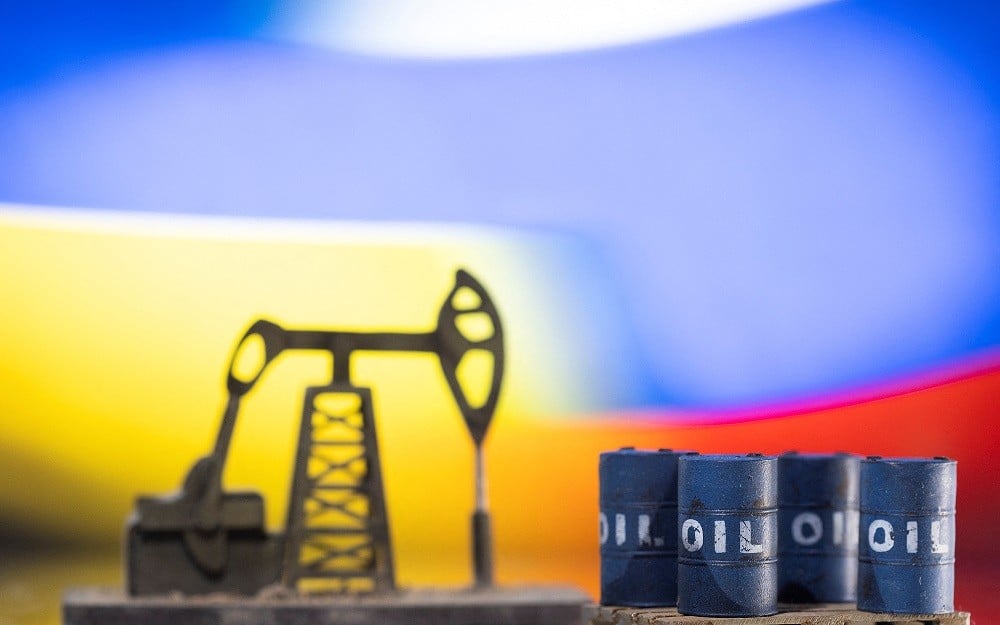 |
| Diesel is Europe's economic engine, powering the vast majority of trucks carrying goods and raw materials across the continent. (Source: Reuters) |
"Using energy as a weapon"
Some analysts say the move could be the latest example of Moscow "weaponizing" energy exports in retaliation for Western sanctions.
Callum Macpherson, head of commodities analysis at Investec, said Russia's ban was aimed at addressing tight supplies and high oil prices in the domestic market.
“However, this ban also has similarities with the disruption of gas supplies that Russia provides to Europe from 2021. The gas supply disruption was initially only considered temporary while Moscow increased its domestic reserves.
However, the gas supply was then completely cut off. This could be an extension of the policy of 'using energy as a weapon' to respond to the difficulties that Russia is facing."
The export restrictions were introduced “almost exactly” ahead of the European heating season, said Henning Gloystein, director of risk consultancy Eurasia Group.
While there is evidence of fuel shortages in Russia, Mr Gloystein said it was unlikely to be a coincidence or a purely domestic problem.
“It is no surprise that Russia is making another attempt to inflict economic pain on the West, as winter approaches,” he said. “I expect the damage to Europe from this ban to be ‘much more limited’ than the damage caused by Moscow’s cut in natural gas exports last year.
Because Europe has had a year and a half to adjust to the Russian threat, the risk of supply cuts causing energy shortages this winter is very low.
However, the rise in diesel prices coincided with a rise in crude oil prices, raising concerns that inflation could rise again in Europe and the US.
Brent crude prices have risen 30% since their lows in late June, largely due to production cuts by Saudi Arabia and Russia.
“We are seeing a ‘light at the end of the tunnel’ as inflation is slowly coming down,” said Rystad Energy’s León. “But if diesel – which is widely used in Europe – spikes, that means inflation will continue to rise in the coming months.”
Source



![[Photo] General Secretary To Lam meets and expresses gratitude to Vietnam's Belarusian friends](https://vphoto.vietnam.vn/thumb/1200x675/vietnam/resource/IMAGE/2025/5/11/c515ee2054c54a87aa8a7cb520f2fa6e)
![[Photo] General Secretary To Lam arrives in Minsk, begins state visit to Belarus](https://vphoto.vietnam.vn/thumb/1200x675/vietnam/resource/IMAGE/2025/5/11/76602f587468437f8b5b7104495f444d)
![[Photo] General Secretary To Lam concludes visit to Russia, departs for Belarus](https://vphoto.vietnam.vn/thumb/1200x675/vietnam/resource/IMAGE/2025/5/11/0acf1081a95e4b1d9886c67fdafd95ed)





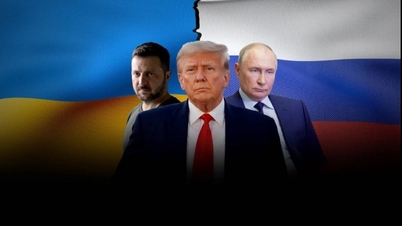
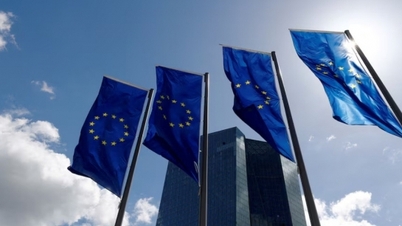
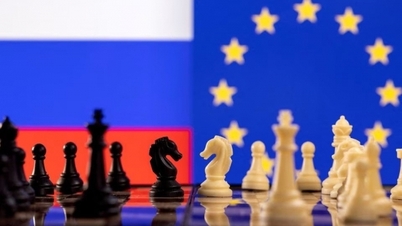


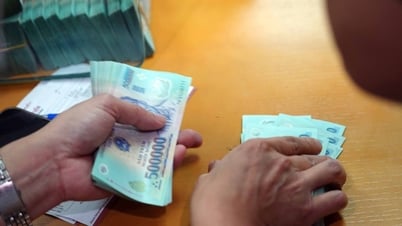


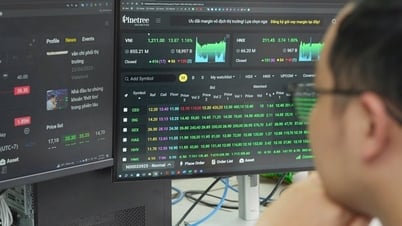











![[Photo] National Assembly Chairman Tran Thanh Man attends the Party Congress of the Committee for Culture and Social Affairs](https://vphoto.vietnam.vn/thumb/1200x675/vietnam/resource/IMAGE/2025/5/11/f5ed02beb9404bca998a08b34ef255a6)














































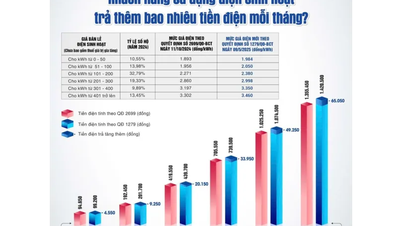
















Comment (0)